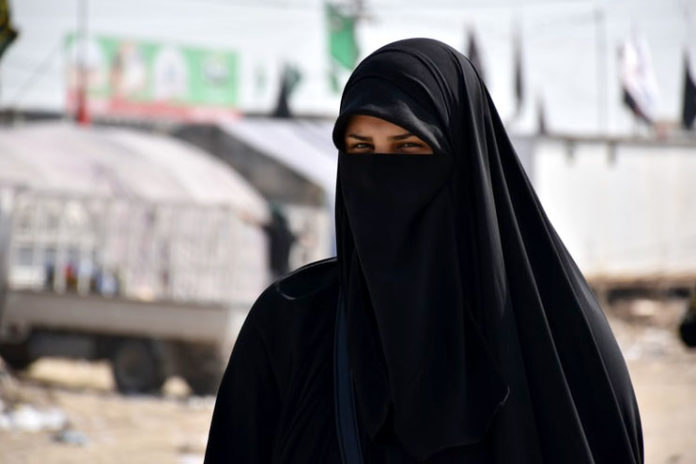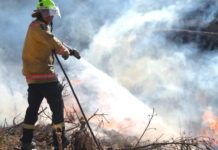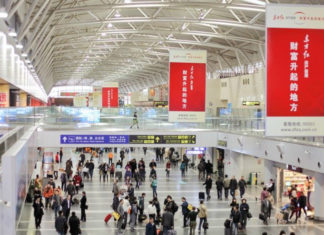Amid much controversy, Netherlands declared the prohibition of the use of burqas in public spaces. The prohibit came into effect on Thursday.
The law considers Islamic garments such as the burqa, niqab, and also full-face helmet or balaclavas, which are to a certain extent common during low temperatures.
The burqa is a veil that covers the entire face with a grid at eye level while niqab exposes only the eyes.
The partial prohibition affects hospitals, schools, transportation (trains, buses, and trains) and public buildings such as town halls, ministries, police stations or some state-owned museums. It does not include the streets.
“I understand that it is a strange sight to see a woman walking around in a black niqab and that it can even scare children,” said Bouharrou, Vice President of the National Council of Moroccan Mosques in the Netherlands, to Efe news.
“We think this is symbolic politics and a solution to a problem that we don’t have in the Netherlands. The consequences of the burqa-ban by a government will create more damage than it will give solutions and social cohesion in society,” he said.
Many Muslim condemned the ban because they considered it to have “a racist base that targets the Muslim community”.
Offering to pay the fines of affected women, DENK, a party founded by two Turkish-Dutch members of the House of Representatives called for opposition to the new law.
“It is about the constitutional rights and freedoms that we all must respect,” said spokesman Cemil Yilmaz. “We are concerned not only with the freedom of religion but also with the negative effects such as stigmatization, polarization, and isolation that accompany the symbolic policy of this legislation,” Yilmaz added.
Both the Democrats and Liberals urged the police to make this ban of their priorities and warned that any rebellion jeopardizes compliance with the law.













































